Philosophical
Philosophical literature explores complex ideas, morality, existence, and the human condition through introspective narratives, deep reflections, and thought-provoking dialogues.
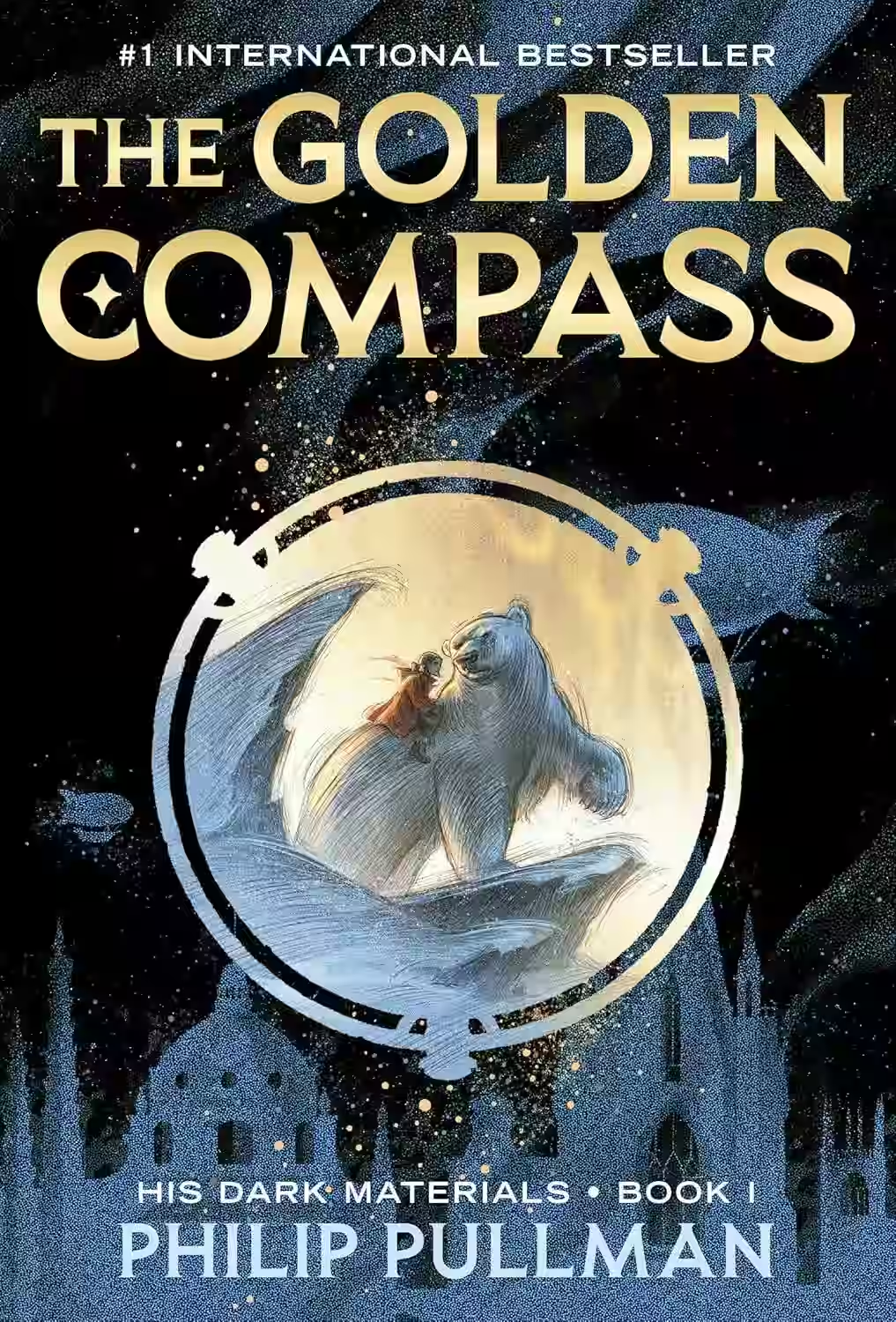
His Dark Materials: The Golden Compass
Series: His Dark Materials (#1)
In Philip Pullman's 'His Dark Materials: The Golden Compass,' readers are taken on a thrilling journey through a richly imagined world where individuals have daemons, animals that are manifestations of their souls. The story follows young Lyra Belacqua as she sets out to rescue kidnapped children and unravel a complex conspiracy. As Lyra uncovers dark secrets about authority, autonomy, and the nature of consciousness, readers are drawn into a thought-provoking exploration of free will and destiny. With its blend of adventure, philosophy, and fantasy, 'The Golden Compass' captivates audiences of all ages and leaves them eagerly anticipating the next installment.
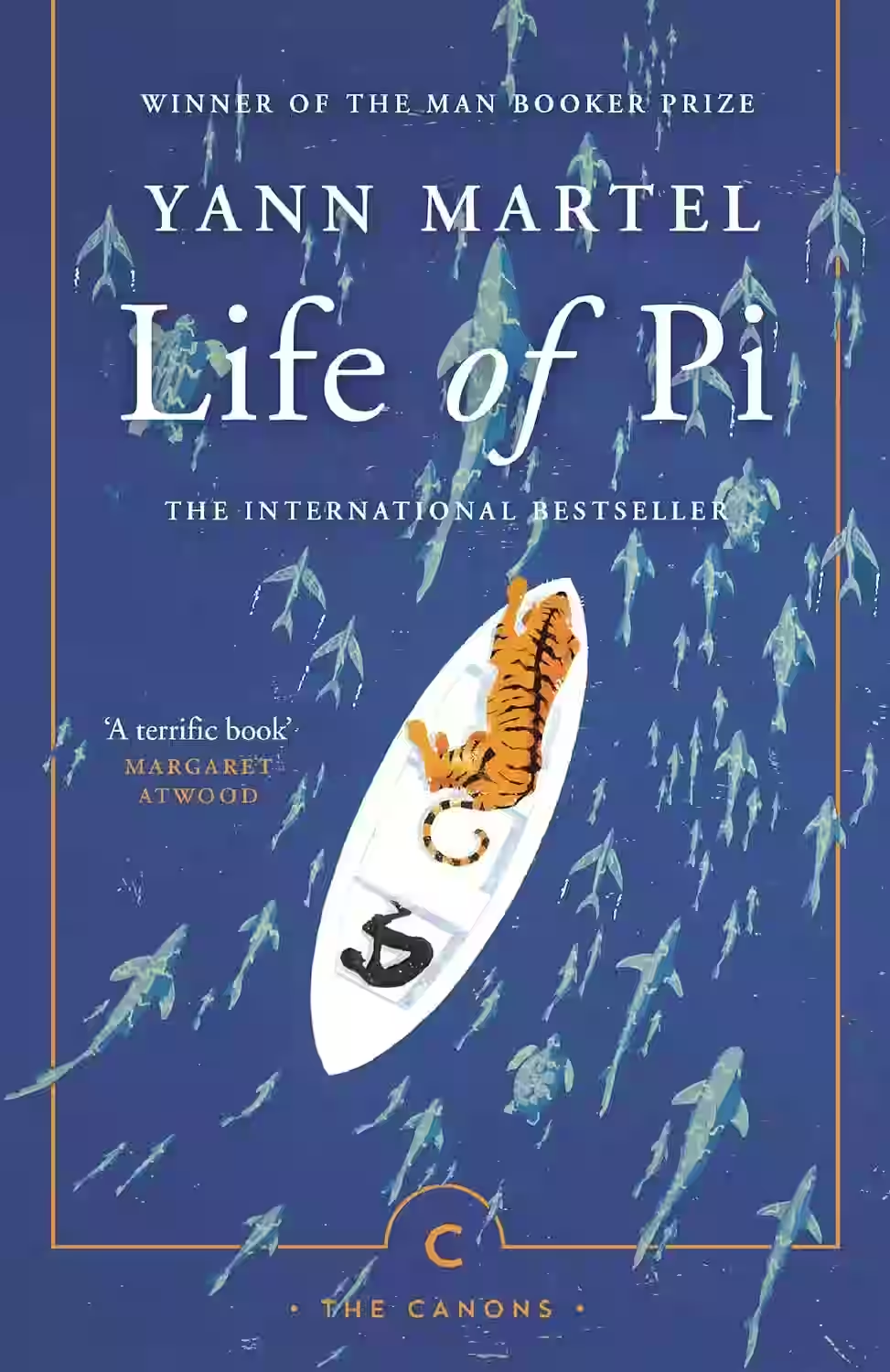
Life of Pi
by Yann Martel
Yann Martel's 'Life of Pi' is a captivating tale of survival and spirituality that follows Pi Patel, a young Indian boy stranded on a lifeboat in the Pacific Ocean with only a Bengal tiger named Richard Parker for company after a shipwreck. Through Pi's incredible journey, the novel delves into themes of faith, resilience, and the power of storytelling. Martel weaves a rich narrative that challenges the boundaries between reality and imagination, leaving readers questioning the depths of human nature and the complexities of belief. 'Life of Pi' is a thought-provoking exploration of the human spirit and the enduring quest for meaning in the face of adversity.
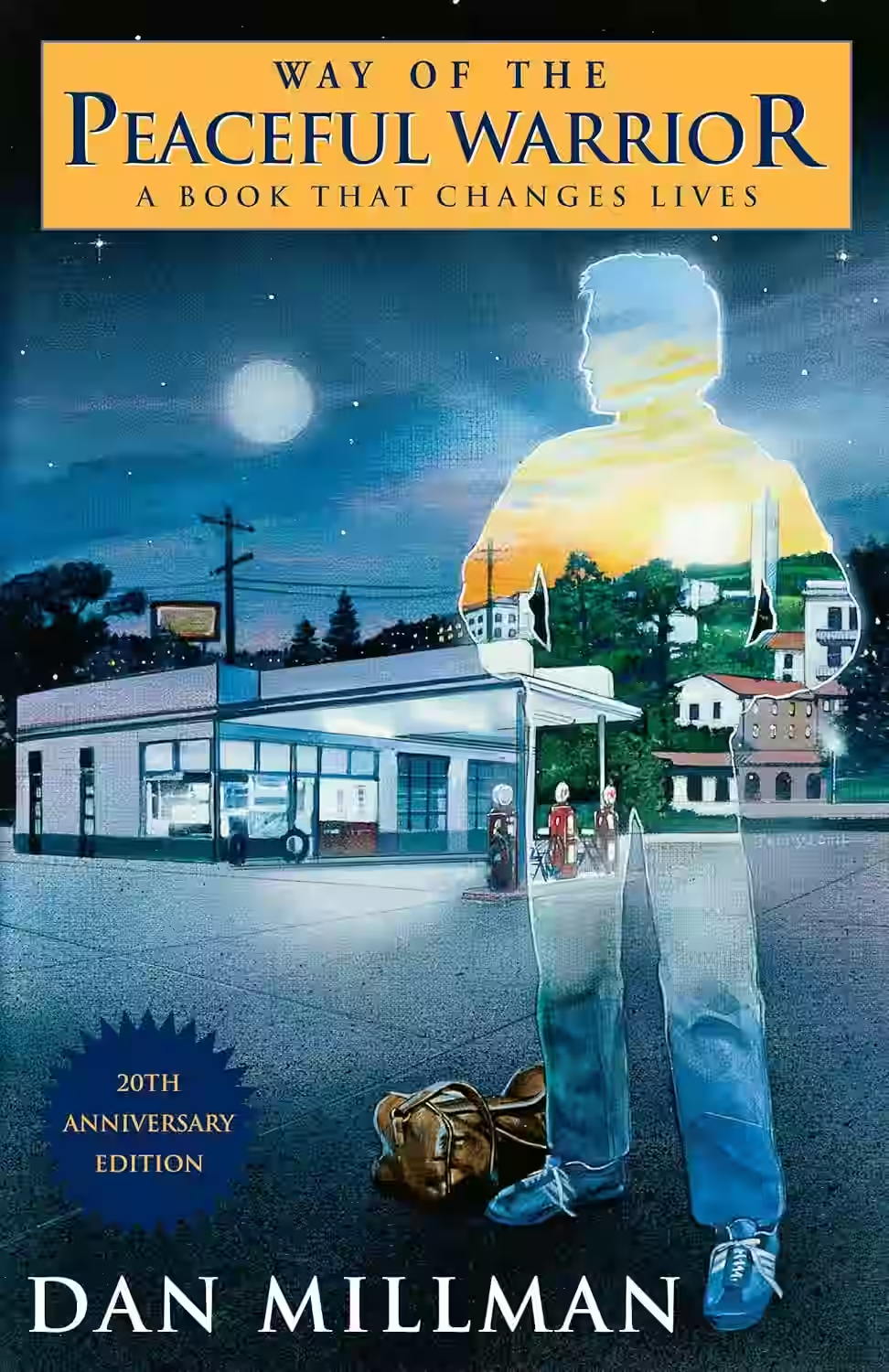
Way of the Peaceful Warrior
by Dan Millman
In 'Way of the Peaceful Warrior' by Dan Millman, readers are taken on a transformative journey alongside the protagonist, Dan, a talented college gymnast who meets a mysterious mentor named Socrates. Through a series of unexpected events and philosophical teachings, Dan learns valuable life lessons about mindfulness, personal growth, and finding inner peace. The book beautifully blends elements of fiction with profound spiritual wisdom, encouraging readers to reflect on their own beliefs and choices. Filled with inspirational quotes and practical insights, 'Way of the Peaceful Warrior' is a compelling and thought-provoking read that challenges readers to embrace a more meaningful and authentic way of living.

Do Androids Dream of Electric Sheep?
Philip K. Dick's "Do Androids Dream of Electric Sheep?" is a seminal work of science fiction that delves into the complexities of identity, empathy, and the boundaries between human and machine. Set in a post-apocalyptic future where Earth is scarred by nuclear fallout, the novel follows Rick Deckard, a bounty hunter tasked with 'retiring' rogue androids. As Deckard navigates this desolate world, he grapples with his own understanding of humanity, morality, and the distinction between artificial and organic beings. The novel explores themes of existentialism and the quest for meaning in an increasingly dehumanized society. Its influence extends beyond literature, having inspired the iconic film adaptation "Blade Runner," and it remains a compelling exploration of consciousness and the human condition.

Snow
by Orhan Pamuk
Orhan Pamuk's 'Snow' is a profound exploration of identity, politics, and cultural conflict set in the snowy, remote city of Kars, Turkey. The novel follows Ka, a poet and journalist, who returns from political exile to investigate a series of suicides among young Muslim women. As Ka navigates the city's complex social and political landscape, marked by tension between secularism and Islamism, he becomes embroiled in personal and ideological conflicts. The narrative weaves themes of love, despair, and the search for meaning against a backdrop of political intrigue and existential questions. Pamuk's rich prose and philosophical depth invite readers to reflect on the broader human condition and the delicate interplay of personal and societal turmoil. 'Snow' is both a mystery and a meditation, leaving a lasting impact with its exquisite portrayal of Turkey's contemporary struggles.

Foucault's Pendulum
by Umberto Eco
Umberto Eco's 'Foucault's Pendulum' is an intellectually stimulating novel that challenges readers with its complex narrative and intricate web of historical references. The story revolves around three Milanese publishers who, disillusioned with conventional conspiracy theories, decide to invent their own grand scheme linking the world's mysteries. Amusing at first, their creation spirals out of control, blending myth and reality in a compelling critique of the human fascination with secret knowledge. Eco's dense yet rewarding prose explores themes like the idea of meaning-making, the intricacies of human belief, and the seductive allure of connections that may not exist. The novel engages readers with its rich detail, humor, and philosophical inquiries, making it a thought-provoking masterpiece for those patient enough to delve into its labyrinthine plot.
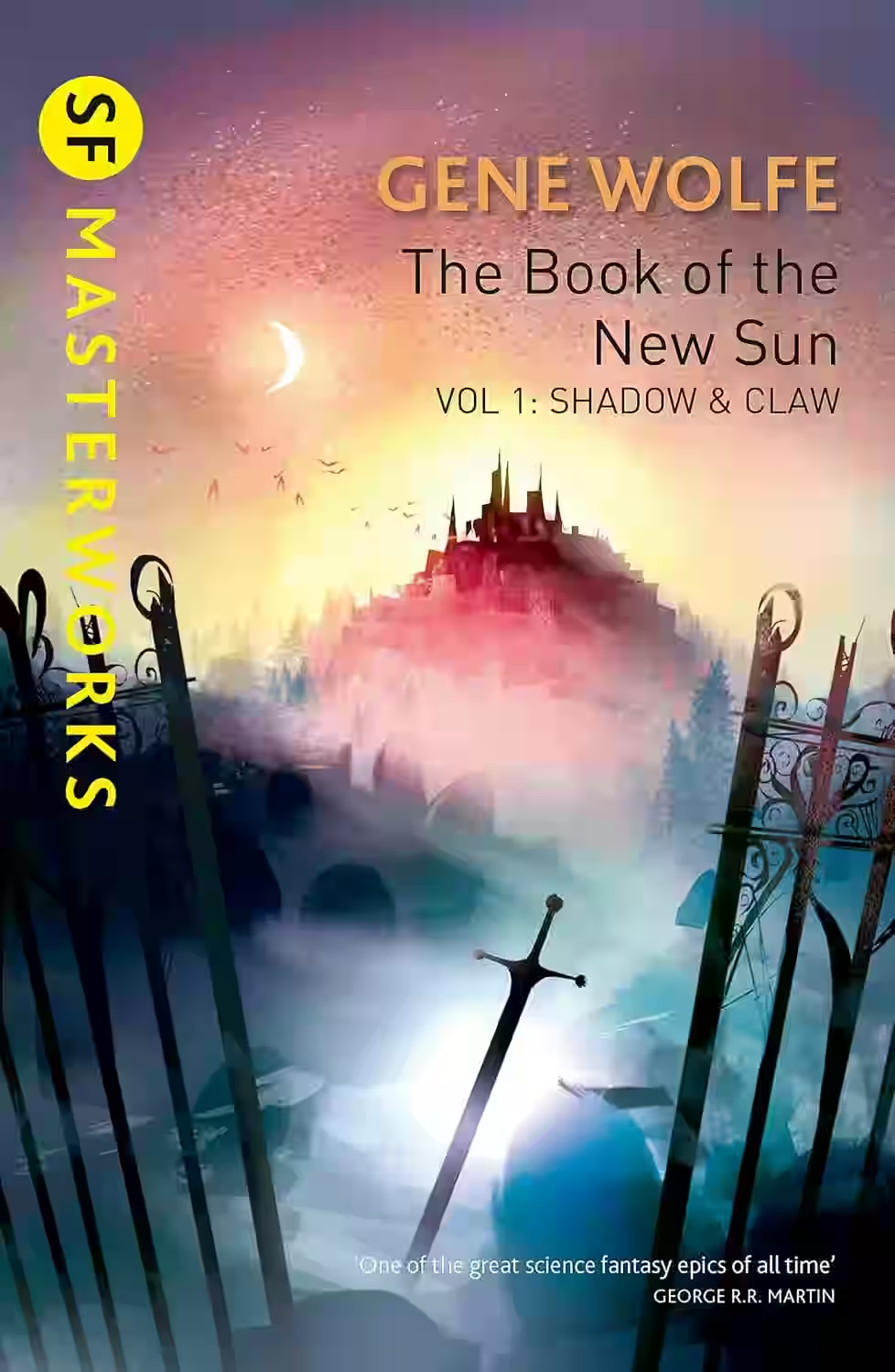
The Book of the New Sun
by Gene Wolfe
Immerse yourself in the intricate and mind-bending narrative of 'The Book of the New Sun' by Gene Wolfe, a science fiction masterpiece that challenges perceptions and transcends genre boundaries. Set in a distant future where Earth is a distant memory, follow the journey of Severian, a torturer with a complex moral compass, as he navigates a world filled with enigmatic characters, cryptic symbols, and ancient technologies. Through Wolfe's lyrical prose and labyrinthine plot, themes of memory, identity, power, and destiny are skillfully woven together, leaving readers questioning reality and pondering philosophical conundrums long after the final page. A must-read for fans of speculative fiction seeking a challenging and rewarding experience.
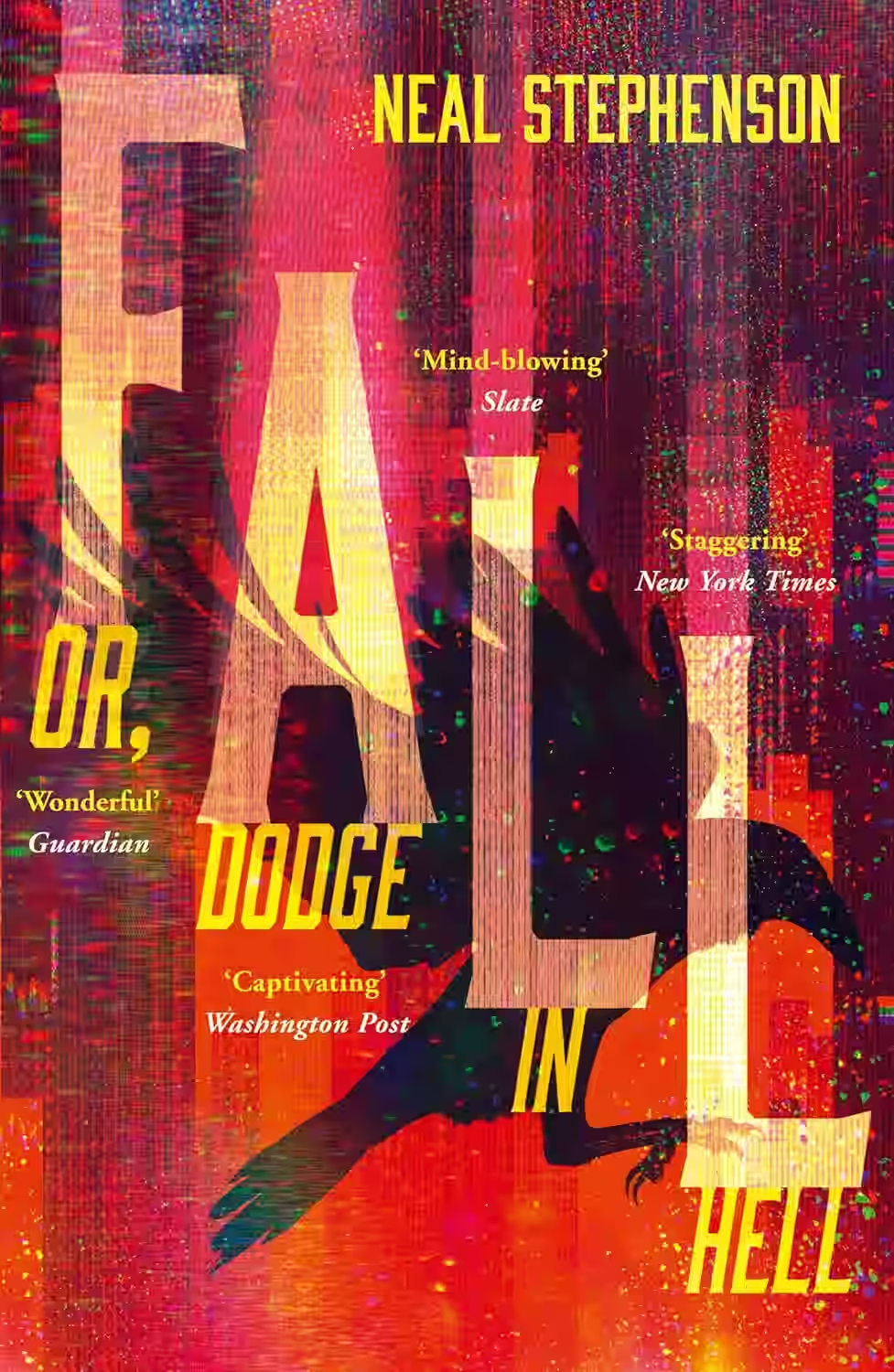
Fall Or, Dodge In Hell
‘Fall; Or, Dodge in Hell’ by Neal Stephenson is a thought-provoking exploration of digital afterlife, the evolution of technology, and the human spirit’s quest for immortality. This ambitious novel begins with the sudden death of Richard 'Dodge' Forthrast, a tech billionaire who finds himself in a digital realm created through his company’s pioneering advancements in brain mapping and resurrection technology. As Dodge navigates this constructed universe dubbed 'Bitworld,' moral, ethical, and philosophical boundaries blur between life, death, and the nature of existence. Themes of consciousness, religion, and societal evolution interweave with a richly detailed narrative that challenges perception and sparks intellectual engagement, making it a significant contribution to science fiction literature.